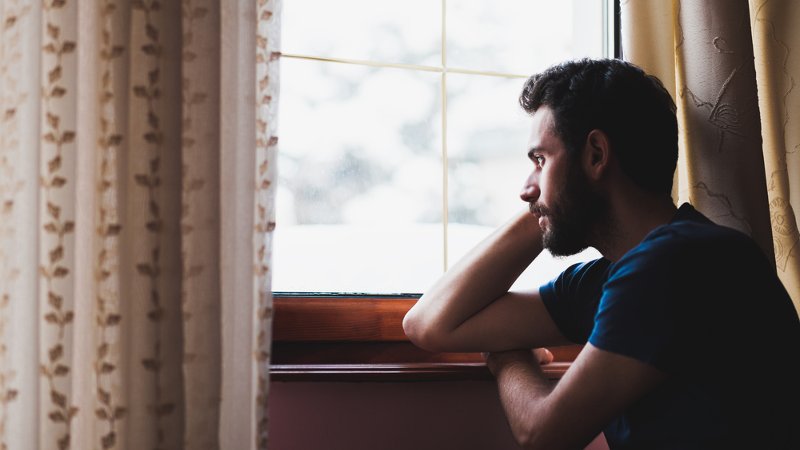Seven in 10 (70%) of Brits thinkthe difficulties young people have getting onto the housing ladder is one of the biggest problems we have in Britain today.

Seven in 10 (70%) of Brits thinkthe difficulties young people have getting onto the housing ladder is one of the biggest problems we have in Britain today,the Building Societies Association’s Property Tracker Survey has found.
However almost half (48%) of people aged between 25 and 34 today who aren’t on the property ladder said they want to own their own home within the next 10 years but 41% thought this achievement is unlikely.
Kevin Roberts, director, Legal & General Mortgage Club, said: “Whilst one in four housing transactions are funded by the Bank of Mum and Dad, not all first-time buyers are fortunate enough to rely on this kind of financial support.
“In fact, less than half of aspiring homeowners believe they will not own a home in ten years’ time.
“For many, raising a deposit is the largest barrier to buying – it’s something much easier said than done when considering over 40% of income is often spent on rent alone.
“There are schemes which play an invaluable role for many people – Help to Buy and whared ownership amongst others – but these alone are not enough to fix the housing crisis.
“We need the government to really commit to a long-term plan if we are to see the target 300,000 new homes built every year, but there’s also a part for industry to play to develop innovative, intergenerational solutions that can give us all an equal chance and not just the lucky few.”
There’s a significant drop in those who own their own home – down from 40% in 2008 to 33% today with (62%) wanting to own their own home by 2028. And by 2028 far fewer want to be living in private rented accommodation – down from 31% today to 9%.
Today 14% of the so-called boomerang generation live in a property owned by a friend or relative. This is not somewhere that many of today’s 18-24 year-olds see themselves living in 10 years – just 3%.
Paul Broadhead, head of mortgage and housing policy at the BSA, said. “It is stark and worrying how gloomy many young people are about their chances of future home ownership.
“With the average age of a first-time buyer standing at 33, this is the very group most likely to be considering buying.
“If they are right and their chances in 10 years-time are still bad the societal divide and economic impact already being felt can only grow.”
Broadhead added: “Without a massive push to build more homes to overcome the deficit of decades it is hard to see that things will improve.
“Mortgage lenders also have a part to play to break down the barriers. As part of this the BSA has just commissioned a project to explore the potential for intergenerational lending -unlocking some of the housing wealth of the baby boomers.
“We are at the start of the process so cannot pre-judge outcomes but with around 39% of all housing wealth owned by the over 65’s4already it is a valid part of the mix.”
The primary issues that 25 to 34 year olds cited that they face are: raising a deposit (76%), access to a large enough or any mortgage (46%), affordability of mortgage payments (43%) and job security (29%).
This is followed by concern that property prices may fall in the future (18%), stamp duty costs (15%), finding the right property (12%) and the complexity of the home buying process (11%).



